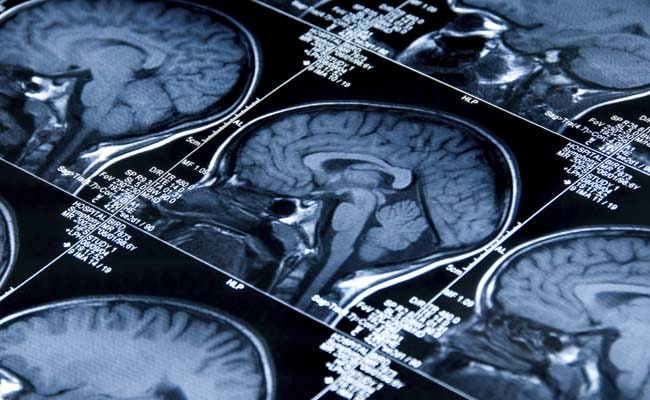
Migraine doesn't just give you a bad headache, it can also have significant impact on daily life. An episode usually occurs in stages and can last for several days. Severe cases can affect a person's ability to work or study. For the first time, scientists have been able to identify how migraine affects the brain. Using ultra-high MRI, researchers from University of Southern California in Los Angeles found that perivascular spaces are unusually enlarged in people who experience migraine, according to Science Alert.
The perivascular spaces are fluid-filled structures around the brain's blood vessels, as per the National Library of Medicine of the US government. The latest findings suggest damage to small blood vessels of the brain, say scientists.
Though the researchers are still trying to find out its link with migraine, they say the discovery could one day lead to new treatments for the chronic condition.
The research was presented at the 108th Scientific Assembly and Annual Meeting of the Radiological Society of North America.
"In people with chronic migraine and episodic migraine without aura, there are significant changes in the perivascular spaces of a brain region called the centrum semiovale. These changes have never been reported before," said study co-author Wilson Xu, a medical scientist at the University of Southern California.
"Although we didn't find any significant changes in the severity of white matter lesions in patients with and without migraine, these white matter lesions were significantly linked to the presence of enlarged perivascular spaces. This suggests that changes in perivascular spaces could lead to future development of more white matter lesions," he added.
The UK's National Health Service (NHS) said that there are several types of migraine: with aura where there are specific signs like seeing flashing lights, without aura (the most common type) where migraine happens without any warning and silent migraine where a patient experiences common symptoms but there is no headache.
In some cases, doctors prescribe pain relievers to manage migraine, but there a lot of research has been going on about the condition, which could open up other avenues of treatment.
Track Latest News Live on NDTV.com and get news updates from India and around the world



